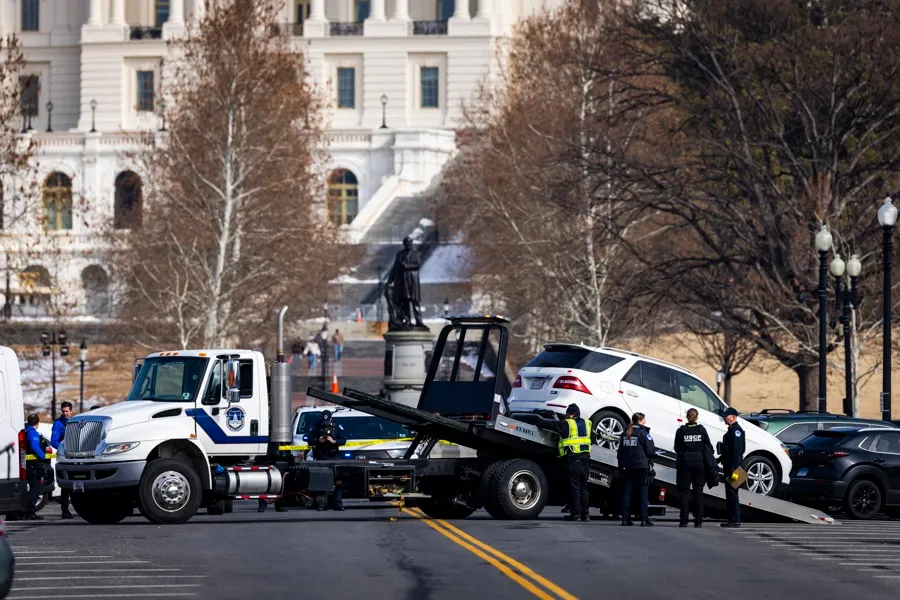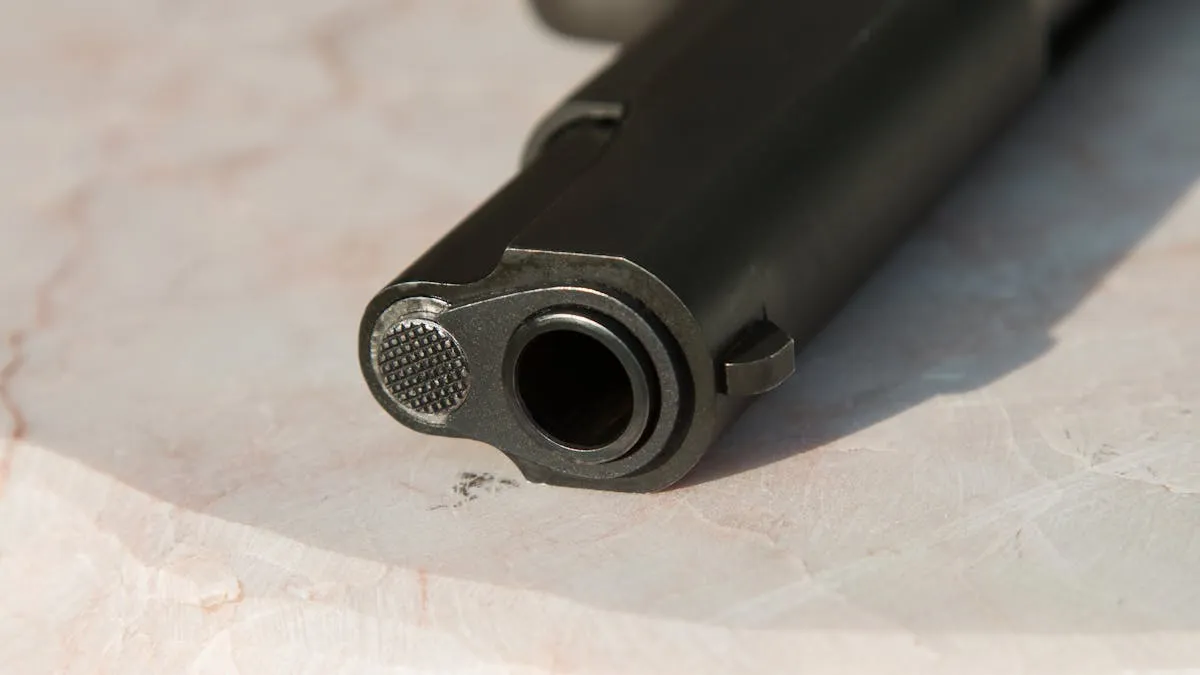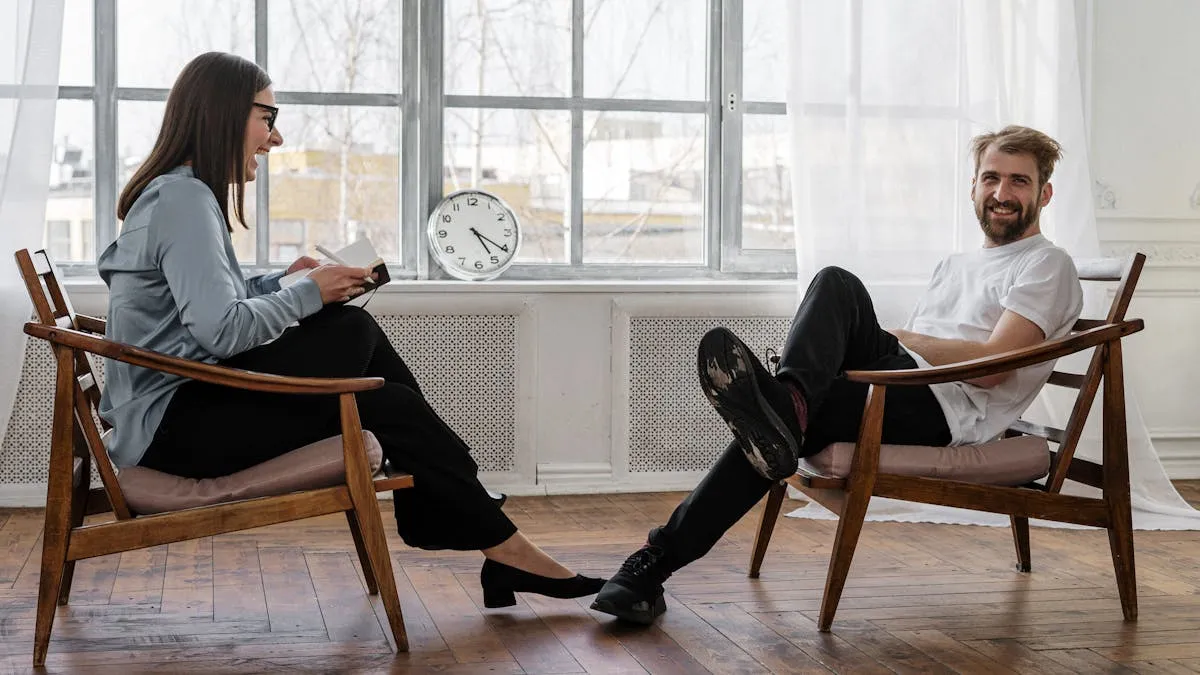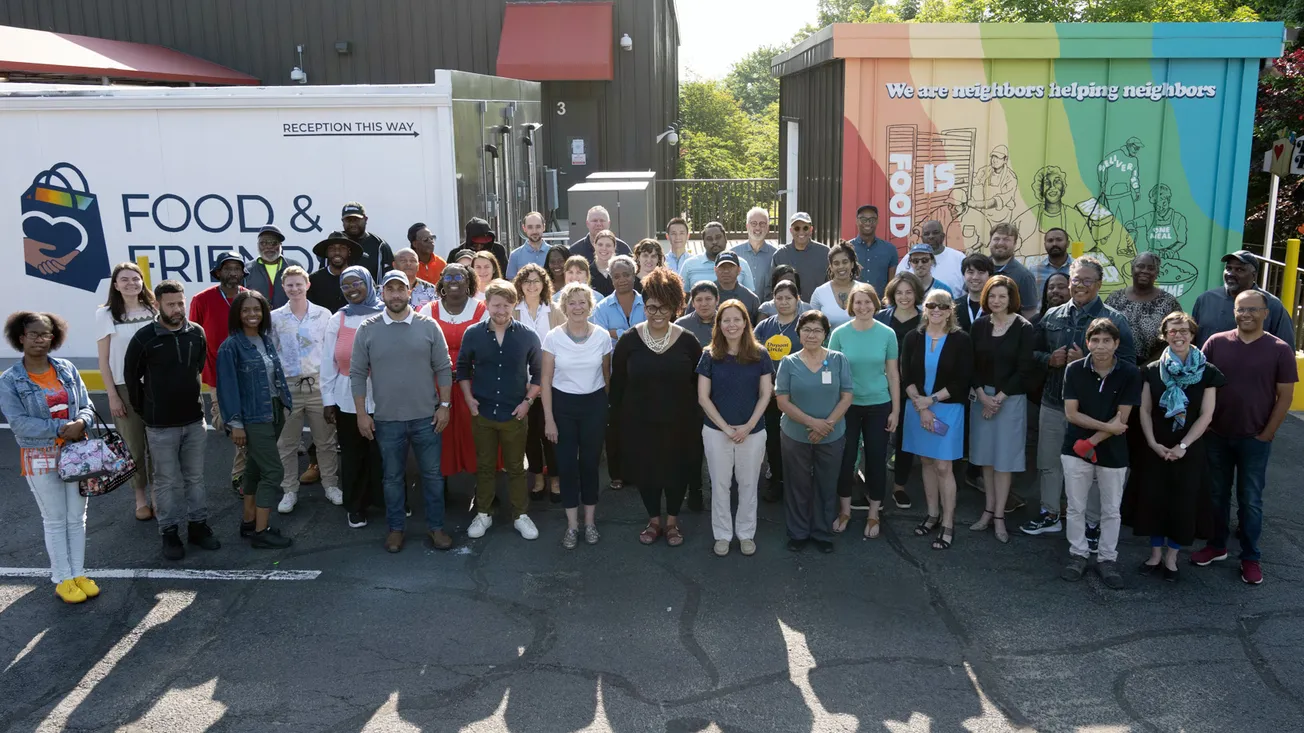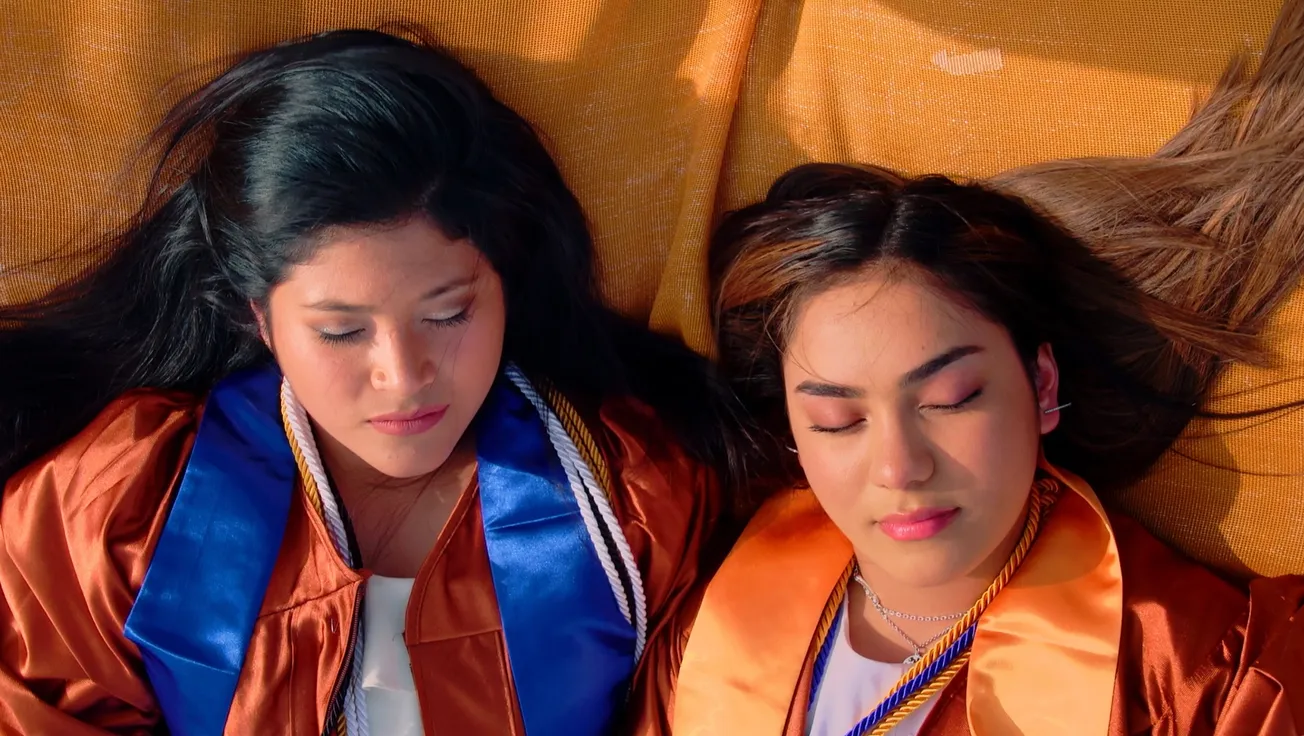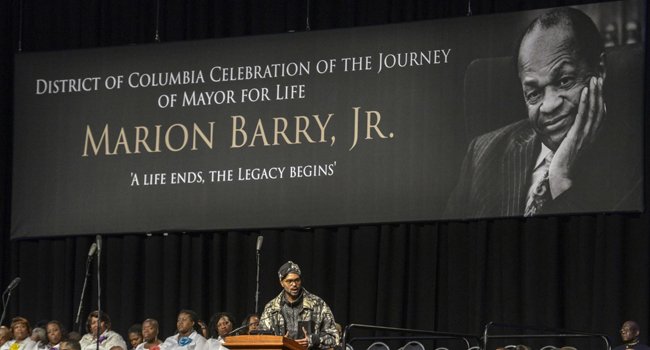
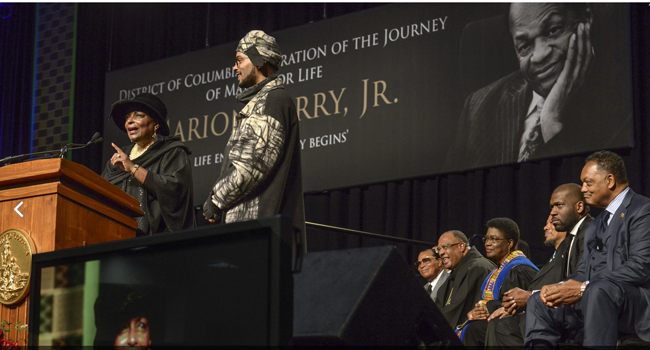
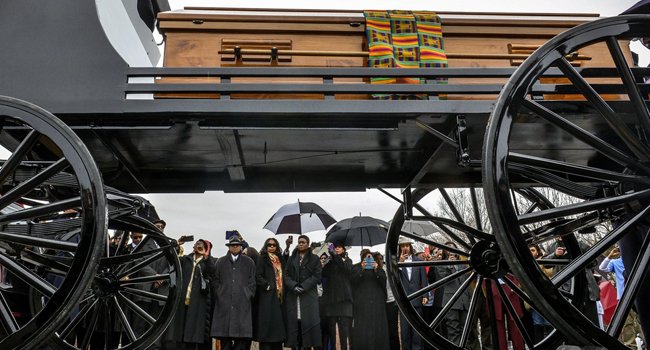
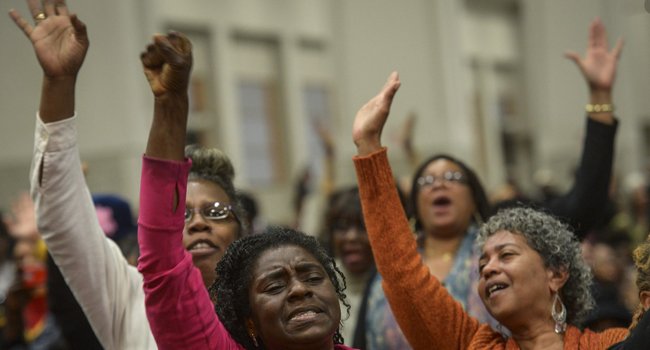
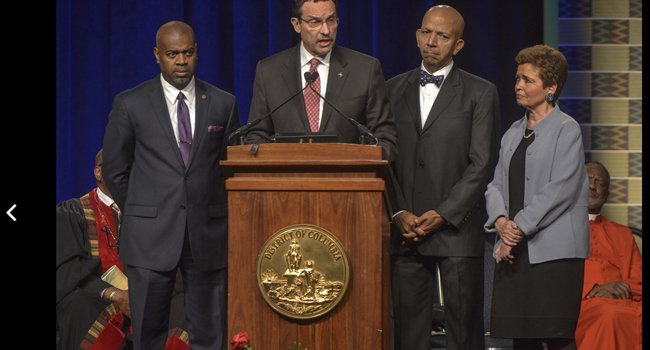
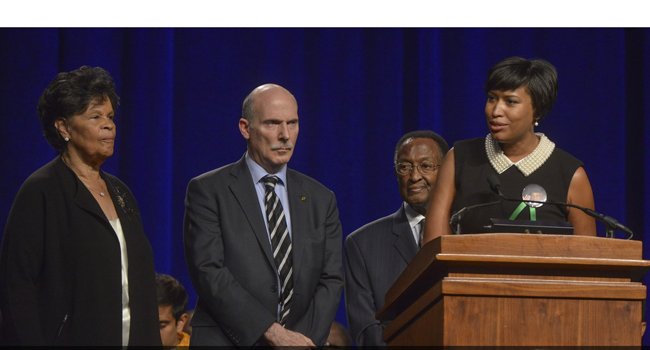
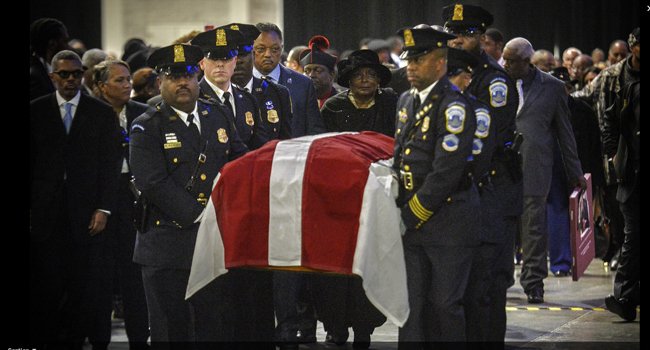
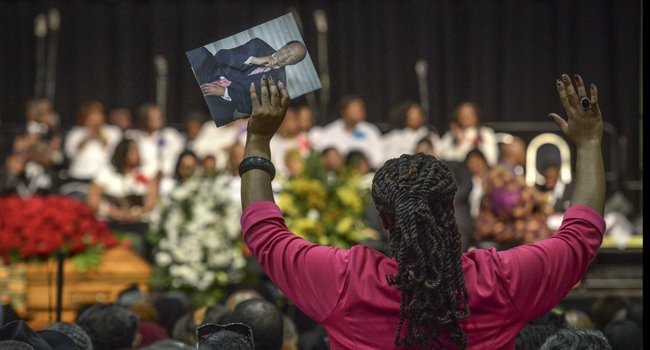
In life, Marion Barry Jr. was known for his entrances, his gift for knowing when to step into a room, light up a crowd, and put himself at the center of the action — usually conspicuously late.
In death, Barry delivered a remarkable exit, a three-day spectacle capped Saturday with a marathon memorial service that featured dignitaries of national renown, scores of clergy, soaring music and fiery speeches.
And it was one that, fittingly, hewed only loosely to schedule.
Barry, the dominant figure of Washington’s modern political era, was set to be buried Saturday evening at Congressional Cemetery after a final farewell service that concluded at 4 p.m., an hour past schedule.
Many thousands had streamed in — and, in many cases, back out — of the Walter E. Washington Convention Center during more than nine hours of ceremonies for the man who was mayor for 16 years and a D.C. Council member for 16 more.
The service concluded with a eulogy from the Rev. Jesse L. Jackson Sr., who recounted a 50-year friendship with Barry dating back to the early 1950s, their days as “blood brothers in the struggle” for civil rights.
Jackson said Barry belonged on an “honor roll of freedom fighters” alongside Ralph Abernathy, Julian Bond, Stokely Carmichael and others. He told Barry to greet his fellow civil rights icons in the afterlife.
“Say hello to Medgar Evans,” he said. “Give a hug to Emmet Till. . . . Tell John Wilson, ‘howdy.’”
Jackson’s 20-minute eulogy capped not only the memorial service, but a complicated friendship that at times morphed into a political rivalry. It was Barry who delivered one of the most enduring assessments of Jackson in 1990, when Jackson was threatening to run for D.C. mayor and incumbent Barry told a Los Angeles Times reporter, “Jesse don’t wanna run nothing but his mouth.”
Jackson on Saturday remembered Barry as a “hero” to the people of Washington. “He chose to resist and run on,” Jackson said. “He never stopped running.”
Barry’s fourth and final wife, Cora Masters Barry, who planned the farewell extravaganza from Barry’s sickbed wishes, delivered some of the day’s most succinct remarks. She thanked those who helped execute the send-off, which included a nearly four-hour motorcade through the city Friday and a packed community service that night.
“Every big thing he did, he did little,” Cora Barry said, recalling his common touch. “He loved his people. . . . I stopped letting him go to the gas station, because he would spend all of his money not on gas, but on the people.”
Mayor-elect Muriel E. Bowser (D) vowed to pursue one of the first enduring tributes to Barry, renaming the summer jobs program that Barry started as the “Marion Barry Summer Youth Employment Program.”
“Sometime after [Martin Luther King Jr.] had a dream, and before President Obama gave us hope, Marion Barry gave us opportunity,” Bowser said, vowing to “stand with that spirit” of Barry as mayor.
Most of the speakers Saturday approached Barry’s faults — including his 1990 drug arrest and trial — only obliquely. But in a fervid speech Louis Farrakhan confronted Barry’s personal weaknesses head on.
Barry played a key role in supporting the Nation of Islam leader’s 1995 Million Man March, which took place months after Barry had retaken the mayoralty after his arrest, trial, conviction and a federal prison term. The march, Farrakhan said, “could not have happened in any other city at any other time.”
“In Barry, I found a brother, a companion in struggle, a man who loved God and loved the people of God,” he said. “Some of us are born for a higher purpose. . . . Such a man was Marion Barry.”
Farrakhan recounted a news conference around that time in which he was asked about Barry’s drug use and marital infidelities. He said he responded to the reporter, “Who are you talking about? John Fitzgerald Kennedy?”
The crowd roared.
Keith L. Alexander, Moriah Balingit, John Woodrow Cox, Hamil R. Harris, Arelis R. Hernandez, Paul Schwartzman and Susan Svrluga contributed to this report.




